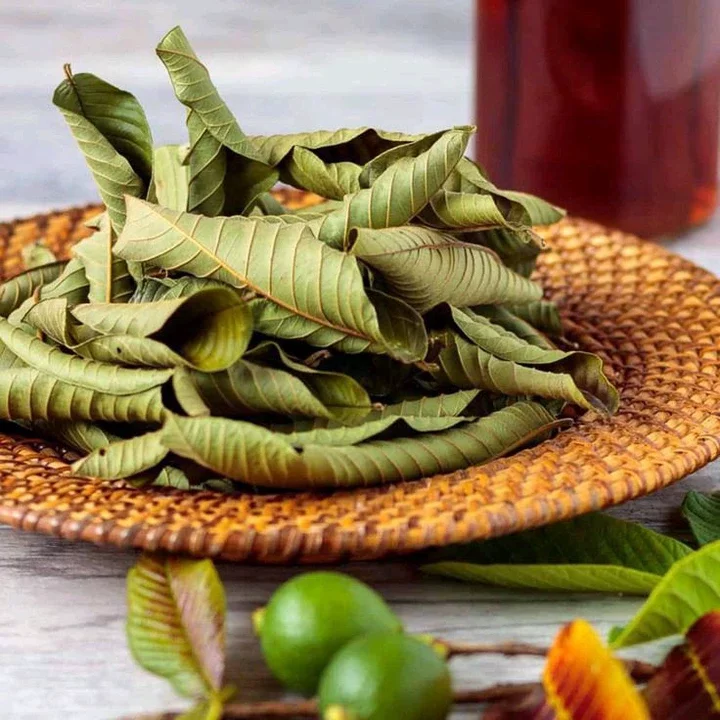Maintaining a healthy and balanced diet is crucial for overall well-being, and it becomes even more important when considering the individual requirements of different blood groups. According to the blood type diet theory popularized by Dr. Peter J. D'Adamo, the foods we consume should be tailored to our blood type for optimal health benefits. This article focuses on individuals with blood type O, often referred to as the "hunter" blood type, and highlights the foods they should avoid on a regular basis.
Blood Type O and Its Characteristics
According to webmd, Blood type O is considered the oldest and most common blood type, dating back to the hunter-gatherer era. People with blood type O are believed to have strong immune systems and robust digestive systems. As such, they are thought to thrive on high-protein diets resembling those of early humans. However, certain foods can have adverse effects on their health due to their unique physiological characteristics.
Factors Influencing Blood Type O Diet
The blood type diet for individuals with blood type O is based on the theory that blood type antigens interact with dietary lectins, affecting various bodily functions. Lectins are proteins found in foods that can agglutinate (clump) red blood cells, potentially leading to a variety of health issues. Understanding these factors can help individuals with blood type O make informed dietary choices and avoid foods that might cause harm.
Foods to Avoid for Blood Type O Individuals
Wheat Products and Grains
People with blood type O are advised to limit or eliminate wheat products, including bread, pasta, and cereals. Wheat contains lectins that can interfere with the metabolism and insulin efficiency of blood type O individuals. It is recommended to replace wheat products with alternatives like rice, quinoa, and millet.
Legumes
Legumes such as lentils, kidney beans, and soybeans contain lectins that can irritate the digestive system of blood type O individuals. They may lead to digestive issues, inflammation, and hinder nutrient absorption. It is best to avoid or limit the consumption of legumes and opt for other protein sources like lean meats, fish, and poultry.
Dairy Products
Most dairy products, particularly milk, should be avoided or consumed in moderation by blood type O individuals. Lactose intolerance is more common among blood type O individuals, which can lead to digestive discomfort. It is recommended to opt for lactose-free alternatives such as almond milk, coconut milk, or fermented dairy products like yogurt and kefir.
Processed Meats
Processed meats like sausages, hot dogs, and bacon should be limited or eliminated from the diet of blood type O individuals. They contain high levels of preservatives, additives, and sodium, which can contribute to increased risk of heart disease and high blood pressure. Instead, choose fresh, lean cuts of meat and poultry.
Certain Vegetables
Certain vegetables, such as cabbage, cauliflower, Brussels sprouts, and eggplant, can inhibit the thyroid function of blood type O individuals. These individuals should consume these vegetables sparingly or opt for alternatives like broccoli and leafy greens. Other beneficial vegetables for blood type O individuals include kale, spinach, and sweet potatoes.
Corn and Corn Products

Corn and corn-based products, including corn oil and corn syrup, are best avoided by individuals with blood type O. Corn contains lectins that can interfere with insulin metabolism and may lead to weight gain and other health issues. Opt for alternatives like rice, quinoa, and amaranth.
Citrus Fruits
While fruits are generally considered healthy, blood type O individuals may want to limit their consumption of citrus fruits. Citrus fruits can irritate the stomach lining and contribute to acid reflux and digestive discomfort. Opt for other fruits like berries, apples, and pears, which are better tolerated.
Understanding the specific dietary requirements for different blood types can provide valuable insights into tailoring our diets to support optimal health. For individuals with blood type O, avoiding certain foods like wheat products, legumes, dairy, processed meats, certain vegetables, corn, and citrus fruits can help prevent potential health issues and maintain overall well-being. It is important to note that while the blood type diet theory has gained popularity, scientific evidence supporting its efficacy is limited. Therefore, individuals should consult with healthcare professionals or registered dietitians to personalize their diets based on their specific needs and health conditions.
By making informed food choices and adopting a balanced diet, individuals with blood type O can support their overall health and well-being, allowing them to lead a vibrant and energetic life.
















Comments